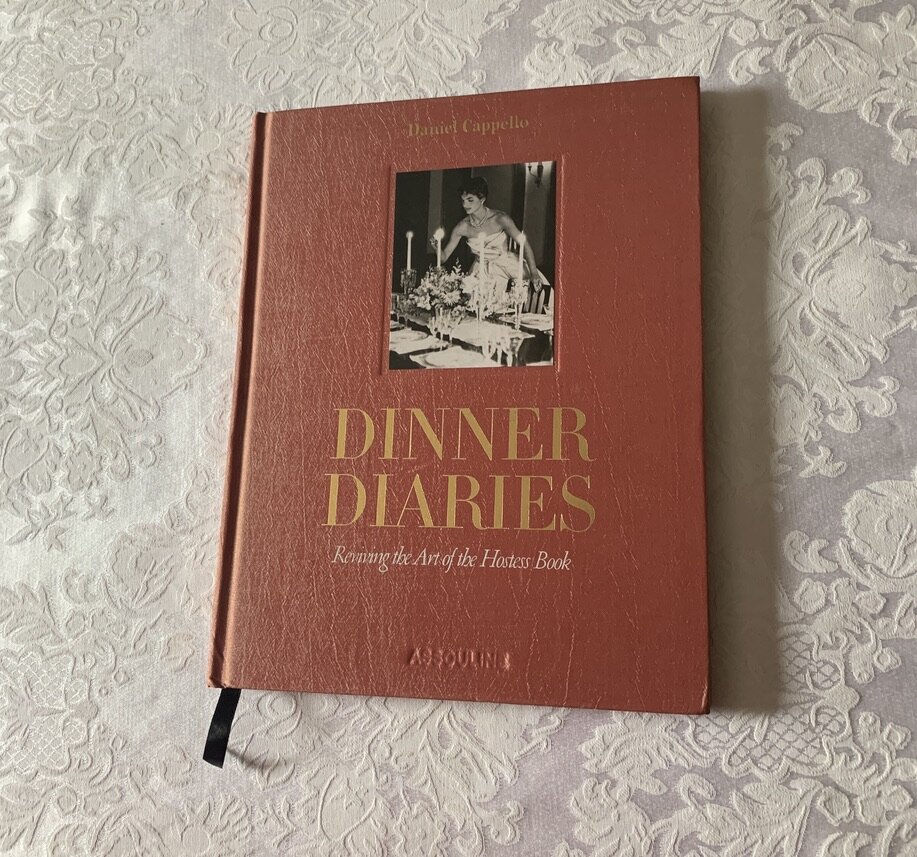March 3 is observed as National Anthem Day because it was on this day in 1931 that Congress passed legislation to make “The Star Spangled Banner” the National Anthem*. Etiquetteer was rather surprised to discover how recent this was! In keeping with the day, let’s review what to do when it’s played.
Of all the 20th-century etiquette writers, Amy Vanderbilt** takes the most trouble in setting out National Anthem Perfect Propriety for civilians. She fearlessly tackles the fact that most people just can’t sing it. “The idea behind the mass singing of the Anthem is to stir a feeling of patriotism and unity. Fine voices aren’t essential. Enthusiastic, heart-warming, not half-hearted***, singing by everybody does proper honor.” If you can’t make that high note at the end, she wisely advises either singing an octave lower or just not singing those notes at all “and let the sopranos reach for them.” Sometimes there’s that one soprano that can sing it an octave higher; those occasions move Etiquetteer both to admiration and annoyance. Show off.
Gentlemen remove their hats; ladies do not. Everyone removes their baseball caps, men, women, and children. When gloves were more universally worn, Mrs. Vanderbilt had to make clear “When the occasion arises for one to salute the flag, a lady does not remove her gloves indoors or out since they are part of her costume. Neither does a military man remove his gloves to salute.”
Mrs. Vanderbilt also emphasized something most of us have forgotten: when the National Anthem is played in public, you stop whatever you are doing and stand at attention until the last note. If you’re at a ball game or a concert and haven’t reached your seats yet, you stand where you are in the aisle until it is finished. She specifies that no one should be chewing gum, eating, or smoking during the Anthem; Etiquetteer would add drinking. You stand up right away when the National Anthem is played**** “unless you are exceedingly infirm or very, very old, or else so young that you cannot be expected to understand the significance.” In the intervening years, etiquette has evolved to show more compassion to the Differently Abled, so that the announcement “Those who are able may stand” is heard at churches and many other public events.
In the last few years civil protest has led a growing number to kneel instead of stand during the National Anthem. Initiated September 1, 2016, by football player Colin Kaepernick, “taking a knee” is seen as a protest against racism and police brutality. Because it is a civil protest*****, without violence and without preventing anyone else from standing and singing, it is Perfectly Proper. It’s an understatement to say that not everyone agrees with this, but as Etiquetteer said last year, "Protest is what happens when Manners aren’t enough.” Frankly, Etiquetteer found Roseanne Barr’s casual, crotch-grabbing rendition in 1990 Truly Disrespectful and Offensive. Taking a knee is certainly more respectful than that.
Even back in 1963 Amy Vanderbilt acknowledged that not everyone liked “The Star Spangled Banner,” “which you may not like as music or for what are called, by some, its chauvinistic lyrics.” Today many people interpret some of the lyrics as racist, particularly the third verse. Etiquetteer has also heard from many who believe its lyrics glorify war, all the references to rockets and bombs. If you’d rather the United States pick another song as the official National Anthem, join the movement lobbying for “America the Beautiful” or start your own. But until that occurs, please continue standing and singing “The Star Spangled Banner,” or silently taking a knee in civil protest.
Unless you’re at home and you hear it played someplace else. Caspar Milquetoast would have done well to get together with Amy Vanderbilt.
Etiquetteer grew up with a large book of H.T. Webster cartoons on the family bookshelf, and couldn’t help but remember this one from “The Timid Soul.” You can sit down now, Caspar!
*President Hoover signed the legislation the next day, March 4. You may read the Wikipedia history for all the details.
**Amy Vanderbilt’s New Complete Book of Etiquette: The Guide to Gracious Living, 1963 edition.
***Dear friends may remember That Mr. Dimmick’s frequent quoting of John Wesley’s Directions for Singing: “Sing lustily and with good courage. Beware of singing as if you were half dead, or half asleep; but lift up your voice with strength. Be no more afraid of your voice now, nor more ashamed of its being heard, than when you sung the songs of Satan.”
****At most sporting events the audience is usually prompted with a helpful “And now, please rise for the singing of our National Anthem.”
*****Etiquetter prefers this definition of civil protest from the University of Arkansas at Little Rock: “A civil protest will usually take the form of an organized public demonstration of disapproval or display disagreement with an idea or course of action.” In this case, the ideas being protested as racism and police brutality.


















































